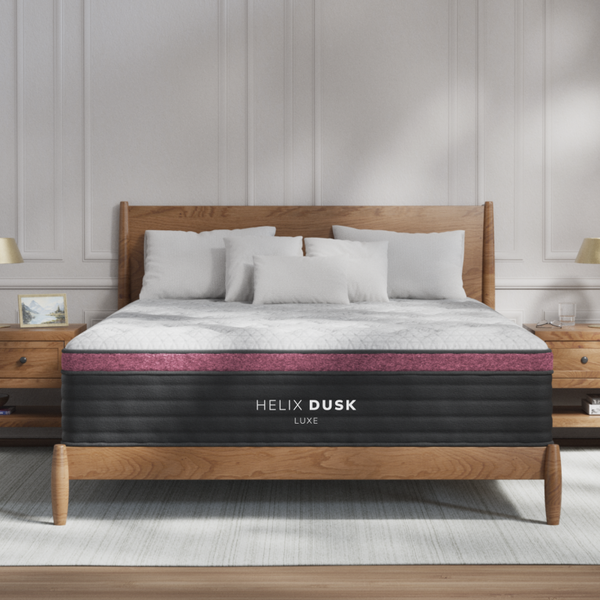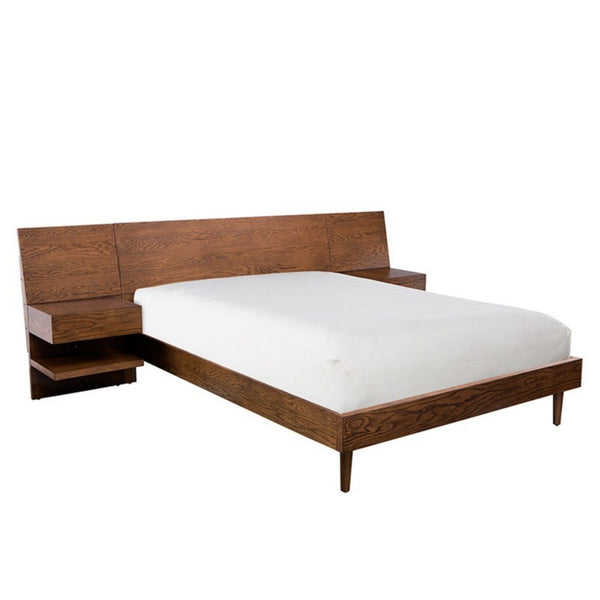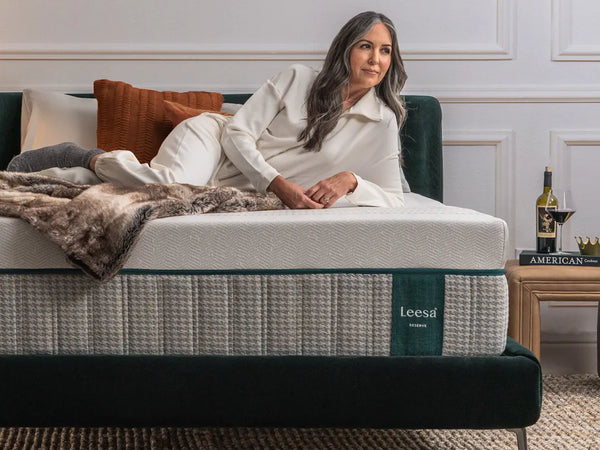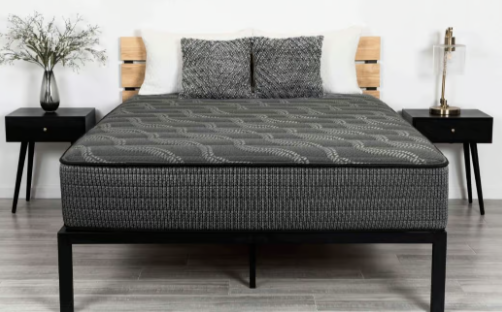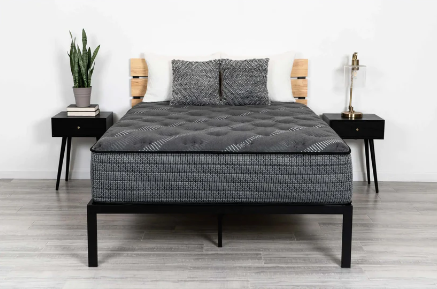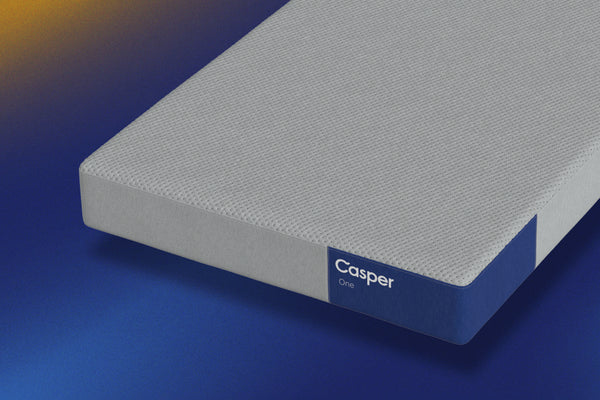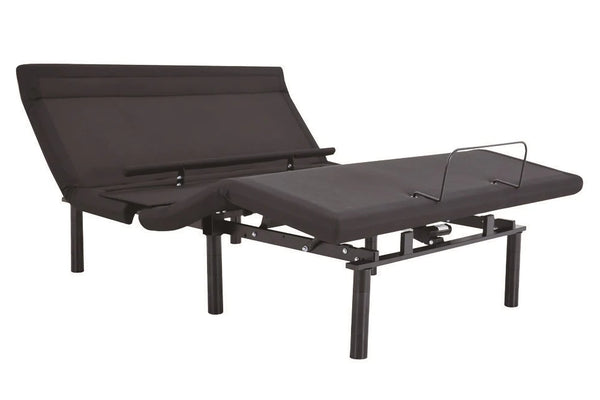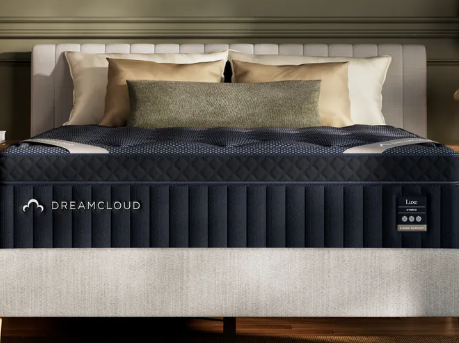
Frequently Asked Questions
1. What are sleep aids and how are they categorized?
2. Can a quality mattress reduce the need for sleep aids?
3. What are some benefits of investing in a good mattress?
4. How does lack of sleep negatively impact health?
In a world where restful sleep often eludes us, the topic of sleep aids has become increasingly prominent. From herbal remedies to over-the-counter medications, many seek solutions to quiet their minds and drift off to dreamland. However, another often-overlooked component of restful nights is the importance of a quality mattress. This brings us to a compelling question: can investing in a good mattress reduce the reliance on sleep aids? In this blog, we explore the intimate connection between sleep quality, aids, and the foundational role of your mattress.
Understanding Sleep Aids
Sleep aids come in many forms, often categorized into two major groups: natural and pharmaceutical. Understanding the distinctions can pave the way for smarter choices in enhancing your sleep quality.
Natural Sleep Aids
Natural sleep aids encompass a variety of products and practices designed to promote relaxation and drowsiness. Common natural aids include:
- Herbal supplements like melatonin and valerian root
- Aromatherapy using essential oils such as lavender
- Your favorite calming nighttime teas
- Mindfulness and relaxation techniques, including meditation
- Cognitive Behavioral Therapy for Insomnia (CBT-I)
While these options generally pose fewer risks than pharmaceutical aids, they can still lead to dependency or side effects in some cases. Therefore, it's essential to approach them thoughtfully.
Pharmaceutical Sleep Aids
Pharmaceutical sleep aids, often prescribed by health professionals, tend to work by altering the brain's chemicals to induce sleep. They include:
- Benzodiazepines (anxiety medications that also promote sleep)
- Non-benzodiazepine sleep medications
- Antidepressants that have sedative properties
Although effective, these medications can carry a risk of addiction and withdrawal symptoms, complicating their long-term use. Many individuals find themselves locked into a cycle of dependency, which can have grave consequences on overall health.
Why Quality Sleep Matters
Before discussing the role of a mattress in sleep improvement, it's crucial to emphasize why quality sleep is essential. Lack of sleep can lead to:
- Reduced cognitive function
- Increased susceptibility to anxiety and depression
- Weight gain and metabolic issues
- Weakened immune function
Prioritizing quality sleep is not merely a matter of comfort; it’s a cornerstone of a robust and healthy lifestyle. But how does your mattress play into this equation?
The Mattress Factor
Your mattress serves as the foundation for your sleep experience. An inadequate sleeping surface can cause discomfort, pain, and even hinder your ability to achieve deep sleep. Here’s how a quality mattress can support you:
1. Comfort and Support
A good mattress provides the necessary support to keep your spine aligned, reducing pressure points that lead to tossing and turning. This enhanced comfort can reduce the need for external sleep aids.
2. Temperature Regulation
Many modern mattresses come equipped with features that help regulate body temperature during sleep. Overheating can be a significant factor that disrupts sleep, so a temperature-regulating mattress could help maintain a restful environment.
3. Longevity
A high-quality mattress can last 7-10 years, offering solid support throughout your sleep cycle. In contrast, poorly made mattresses can sag and lose support, requiring a greater reliance on sleep aids to achieve restful sleep.
4. Reduced Allergens
Some mattresses are designed specifically to reduce allergens such as dust mites, mold, and pet dander. Reducing allergens can significantly enhance your overall sleep quality, mitigating the need for sleep aids.
Comparative Analysis: Mattress vs. Sleep Aids
When weighing the benefits of a quality mattress against the usage of sleep aids, it’s essential to consider several factors:
Cost-Effectiveness
Though the initial investment in a quality mattress may seem steep, the long-term savings could be substantial. Sleep aids can accumulate cost-wise, particularly if purchased regularly. In contrast, a durable mattress is a one-time investment.
Health Risks
While natural sleep aids generally present lower risks, continuously relying on them poses potential risks, especially for pharmaceutical options. A quality mattress does not come with inherent health risks.
Effectiveness
The effectiveness of sleep aids can vary widely among individuals. While some may experience immediate relief, others might find their insomnia persists. A quality mattress, however, consistently promotes a more restful night’s sleep by providing necessary support and comfort.
Finding the Right Mattress for You
Realizing the importance of a quality mattress begs the question: how do you select the right one? Here are some critical considerations:
1. Mattress Type
A variety of mattress types are available, each with its pros and cons. Consider:
- Memory Foam: Known for excellent support and pressure relief, contours to the body's shape.
- Latex: Provides bounce and responsiveness; often hypoallergenic.
- Innerspring: Offers familiar support with varying firmness levels.
- Hybrid: Combines the benefits of foam and innerspring systems.
2. Sleeping Position
Your preferred sleeping position—whether you’re a back, side, or stomach sleeper—can dictate what type of mattress will work best. Side sleepers often benefit from softer mattresses that cushion pressure points, while back and stomach sleepers may prefer firmer options to promote alignment.
3. Firmness Level
Mattress firmness is a personal preference and also influenced by body weight and sleeping position. Generally, a medium-firm mattress offers great versatility for most sleep styles.
4. Budget
While quality mattresses typically come at a higher price, remember that a good night’s sleep is invaluable. Set a budget that reflects the importance of elevating your sleep experience.
Improving Sleep Hygiene Alongside Your Mattress
Investing in a quality mattress is only part of the battle against sleepless nights. Practicing good sleep hygiene can amplify the positive effects of your investment. Here are some tips:
- Stick to a consistent sleep schedule
- Create a peaceful bedtime routine
- Limit screen time an hour before bed
- Establish a comfortable sleep environment, including dim lighting and cool room temperature
- Limit caffeine and heavy meals in the evening
By coupling a new mattress with strong sleep hygiene practices, you tackle sleeplessness from multiple angles, enhancing the likelihood of restful nights.
The Journey to Peaceful Nights
The quest for better sleep does not need to rely solely on sleep aids; investing in a quality mattress can drive significant improvements in your sleep quality. By understanding the role of sleep aids, acknowledging the importance of a solid mattress, and adopting positive sleep habits, you can pave the way towards a more restful night. Building a sleep sanctuary isn't just about the products; it’s about creating a holistic environment that nurtures tranquility and well-being.
So, why continue down the rabbit hole of dependency on sleep aids when you can invest in the transformative potential of a great mattress? Start your journey toward peaceful nights today!

